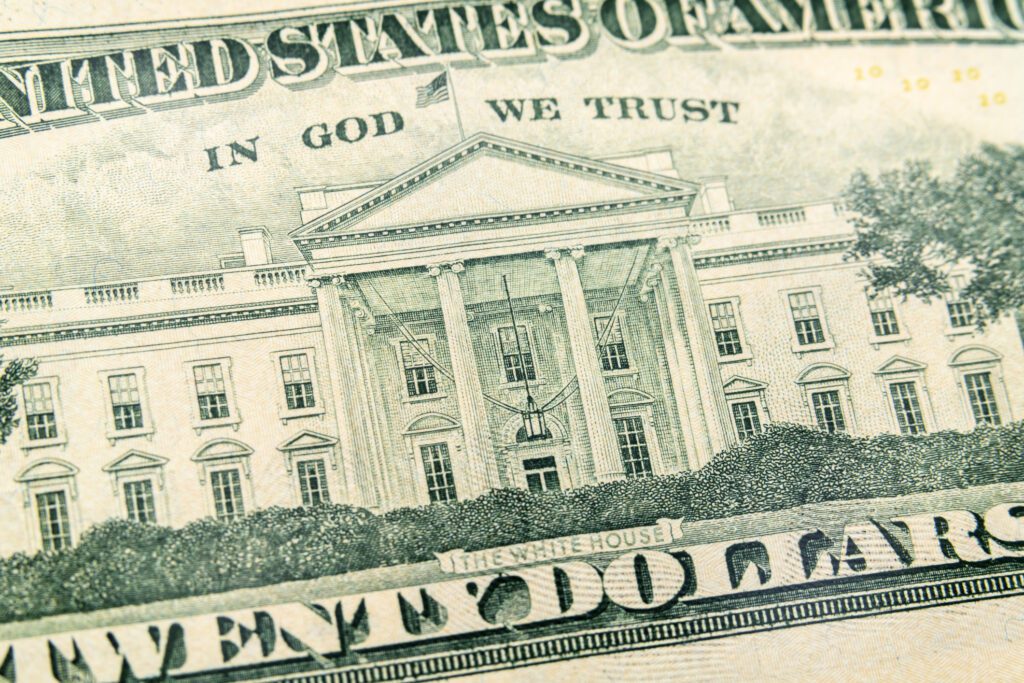Is a Lack of Competition to Blame for GOP Fundraising Woes?

Democratic fundraisers have been spoiled for choice this cycle when it comes to payment processors, which could be helping the left edge the GOP in fundraising.
NGP VAN entered the processing space earlier this cycle giving dominant market player ActBlue a strong partisan competitor. This donations tag-team was able to channel enthusiasm on the left for the swap at the top of the Democratic ticket into record-level contributions. At the White House level, for instance, these platforms helped Harris-Walz and the nominees’ allied groups raise close to half-a-billion dollars more than former President Trump and his groups — in the third quarter alone.
Republicans, meanwhile, were locked to one major platform, WinRed, and they may be suffering the consequences as the rising-tides-lifts-all-boats approach espoused by supporters of the platform appears counterproductive. Donors’ information being shared too broadly in the GOP ecosystem is opening their phones up to a cascade of solicitations — often unrelated to their original contribution — sparking complaints. In fact, the Federal Trade Commission (FCC) has received nearly eight times more complaints about WinRed than ActBlue, according to CNN.
At the same time, Trump has had 300,000 fewer small-dollar ($200 or less) contributors this time around, according to a WinRed tally cited by the Financial Times, despite the campaign’s strong merch game.
Even practitioners who support WinRed and its leadership say more competition would be helpful. “I would not mind an alternative to WinRed, but that doesn’t mean I don’t love their product,” Wesley Donehue, CEO of Push Digital, recently told C&E. “I believe competition makes everything better.”
Republican fundraisers who advocate for more sustainable solicitation practices could be forgiven for saying “I told you so.”
Back in September, Cameron Armour and John Hall of Apex Strategies published a survey of 40,000 GOP donors. “The survey’s results paint a concerning picture about the confrontational relationship that Republican digital programs have with an economically stressed donor base,” the rainmakers wrote. That stress combined with a deluge of text messages had donors “increasingly skeptical” about giving.
“Only 25% of donors who responded said that they are likely to give to a political campaign in the future,” they reported.
